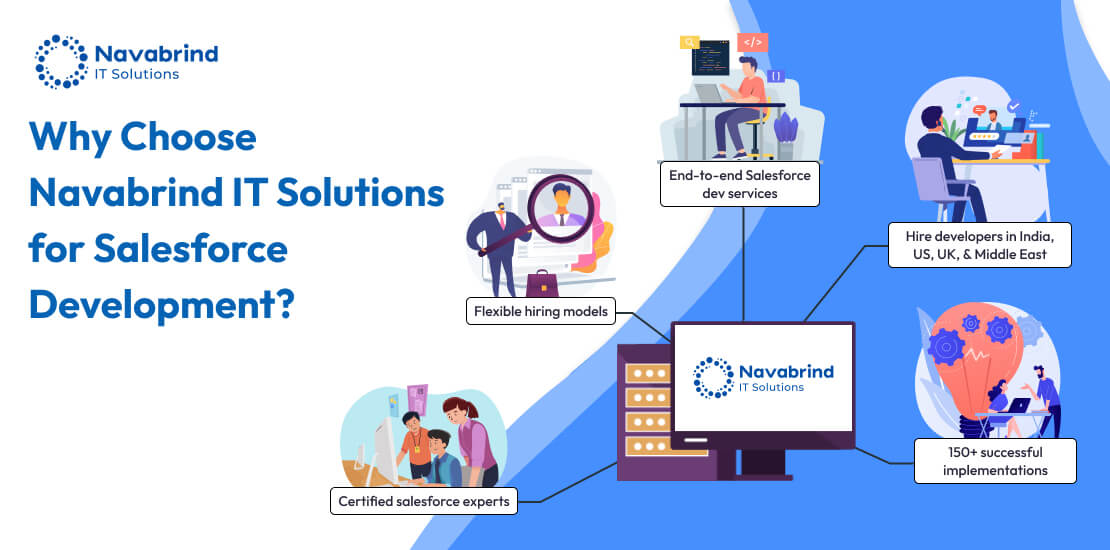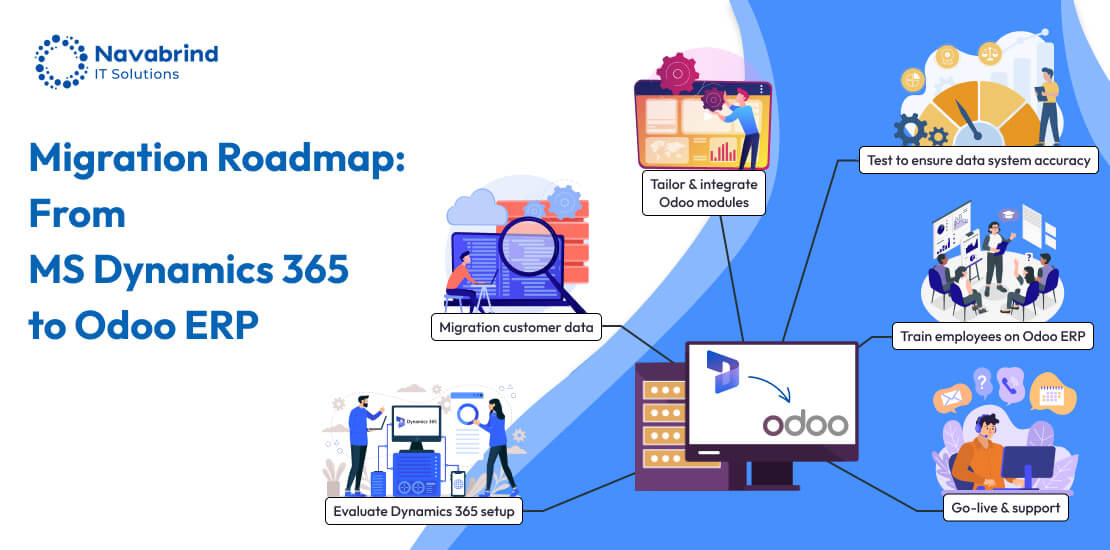13 Tips and Strategies that Can Double Your Conversion Rate
- November 13, 2024
- Posted by:
- Category: Uncategorized
In the highly competitive world of ecommerce, driving traffic to your website is only half the battle. Converting that traffic into paying customers is the ultimate goal.
Whether you’re a small online store or a large enterprise, increasing your ecommerce website’s conversion rate is essential for sustainable growth and profitability.
In this blog article, we will explore proven strategies and actionable tips to help you boost your website’s conversion rate and turn more visitors into satisfied customers.
From optimizing your website’s design and user experience to leveraging persuasive copywriting and implementing effective calls-to-action, we’ll dive into the key elements that can significantly impact your ecommerce conversion rates.
Get ready to discover practical insights and practical techniques that can take your online business to new heights by maximizing conversions.
- Clear and Compelling Call-to-Action (CTA)
- Streamlined Checkout Process
- High-Quality Product Images
- Website Speed Optimization
- Social Proof
- Mobile Optimization
- Personalized Recommendation
- Live Chat Support
- Limited-time Offers and Scarcity
- Upselling and Cross-selling
- Post-Purchase Follow-up
- Clear Return and Refund Policies
- Free Shipping Threshold
- Multiple Payment Options
- Product Bundling
1. Clear and Compelling Call-to-Action (CTA)
A Call to Action(CTA) place the most crucial role in converting your website visitors to customers hence optimizing it is mandatory.
Ensure that your CTA is highly visible on the webpage by using contrasting colors that stand out from the rest of the website design.

Adequate white space around the CTA helps draw attention and reduces visual clutter. Highlight your primary call to action to guide users’ focus.
Additionally, make sure the button itself is easily identifiable, using design elements such as size, shape, and placement to make it stand out
Communicate your message clearly on the CTA, using concise and persuasive language.
2. Streamlined Checkout Process
Prioritize the safety and security of your customers’ information by implementing robust security measures. Make the checkout process transparent by clearly displaying any fees, taxes, or additional costs upfront.
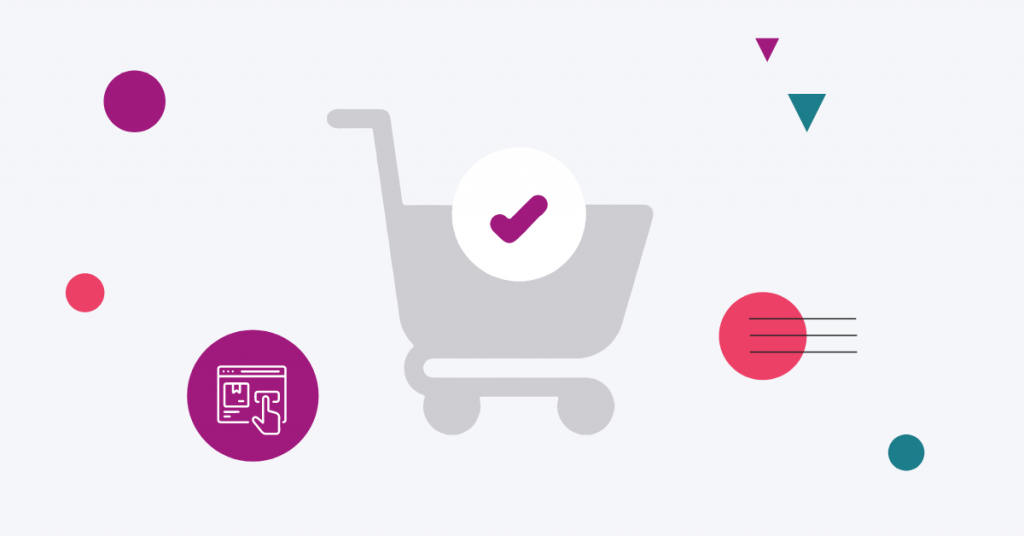
Consistency is key, so ensure that the checkout process maintains a consistent design and flow with the rest of your website.
Streamline the process and reduce friction by minimizing the number of steps, form fields, and distractions. Simplify the input and validation of customer information to expedite the checkout experience.
3. High-Quality Product Images
Having high-quality product images on your ecommerce website can have several positive impacts.
Firstly, they significantly boost the visibility of your products. Clear, detailed, and visually appealing images capture the attention of potential customers, making your products stand out among competitors.

Furthermore, high-quality product images contribute to building trust and credibility. When customers can see the products clearly, they gain confidence in their purchase decisions. Detailed images allow customers to examine the product closely, evaluate its features, and make informed choices
When customers can see products in high resolution and from various angles, they have a better understanding of what they are purchasing. This enhances their overall shopping experience, reduces confusion, and increases satisfaction with their purchase decisions
4. Website Speed Optimization
A fast-loading website provides a seamless user experience, reducing bounce rates and encouraging visitors to stay longer, increasing the likelihood of conversions.
Additionally, a faster website enhances trust and credibility, as users perceive it as more professional and reliable. It also improves mobile user experience, as mobile users expect quick load times.
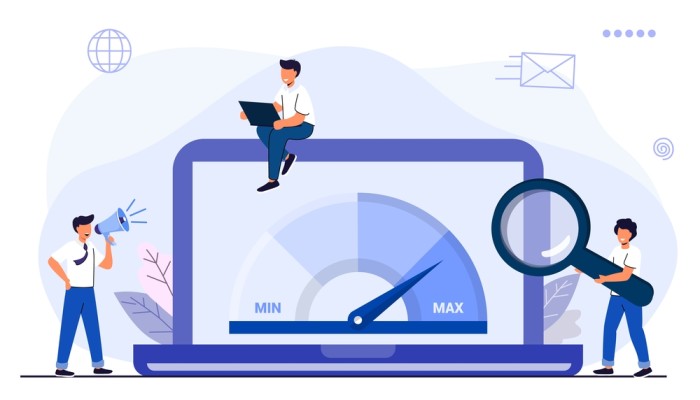
By optimizing website speed through techniques such as caching, image optimization, and minimizing code, you can provide a better user experience, reduce abandonment rates, and ultimately increase conversions on your website.
5. Social Proof
Displaying customer reviews, ratings, and testimonials on your website is a powerful strategy to build trust and credibility among potential buyers. When customers see positive feedback from others who have purchased and used your products, it instills confidence in their minds.
Customer reviews provide valuable insights and perspectives that potential buyers can relate to. They help address any concerns or doubts customers may have and provide additional information about the product’s features, benefits, and overall performance.

Furthermore, reviews create transparency and authenticity, showing potential buyers that your business values and appreciates customer feedback. This level of transparency builds credibility and establishes your brand as trustworthy. It also demonstrates that you value customer satisfaction, further incentivizing potential buyers to choose your products over competitors.
6. Mobile Optimization
Ensuring that your website is fully responsive and optimized for mobile devices is crucial in today’s mobile-driven world. With the rapid growth of mobile commerce, it is essential to provide a seamless and user-friendly experience for mobile users.
By implementing a mobile responsive design, your website automatically adapts to different screen sizes, resolutions, and orientations, making it accessible and visually appealing across various devices.

One effective way to achieve a mobile-responsive website is by converting it into a Progressive Web App (PWA). PWAs combine the best of both worlds, offering the reach of a website and the functionality of a native mobile app.
They provide an immersive user experience, allowing users to access your website even when they are offline. PWAs load quickly, offer smooth navigation and can be added to the home screen of mobile devices, enhancing engagement and retention.
7. Personalized Recommendation
By gathering and analyzing customer data, you can gain valuable insights into their preferences, behaviors, and purchase history. This information allows you to provide personalized product recommendations, tailored promotions and targeted marketing campaigns that resonate with individual customers.
Personalized product recommendations help customers discover relevant products that align with their interests and needs. By utilizing data such as past purchases, browsing history, and demographic information, you can offer personalized suggestions that increase the likelihood of conversion.

By harnessing customer data effectively, you demonstrate that you understand and value your customers, fostering a sense of loyalty and trust. When customers receive personalized recommendations and tailored promotions, they feel seen and understood, enhancing their overall shopping experience and increasing the likelihood of conversion.
8. Live Chat Support
Offering real-time customer support through live chat is a valuable strategy to enhance the conversion rate of your ecommerce website. By providing immediate assistance, you can address any concerns or questions that potential customers may have during their browsing or purchasing journey.
Through live chat, you can offer personalized recommendations, guide customers through the purchasing process, and resolve any issues they may encounter. By proactively engaging with customers, you can help them make informed decisions and overcome any obstacles that may hinder their conversion.

By offering real-time customer support through live chat, you demonstrate a commitment to exceptional customer service. This level of support fosters a positive customer experience, builds trust, and establishes your brand as reliable and customer-centric.
This proactive approach to customer service can significantly impact your conversion rate and contribute to long-term customer satisfaction and loyalty.
9. Limited-time Offers and Scarcity
Creating a sense of urgency is a powerful technique to increase the conversion rate of your ecommerce website. By highlighting limited-time offers, flash sales, or limited stock availability, you can instill a sense of urgency in customers, driving them to take immediate action and make a purchase sooner.
By clearly highlighting the duration of the offer and emphasizing the savings or benefits, you create a sense of urgency that encourages customers to act promptly. The fear of missing out (FOMO) motivates customers to make a purchase decision to take advantage of the limited-time opportunity.
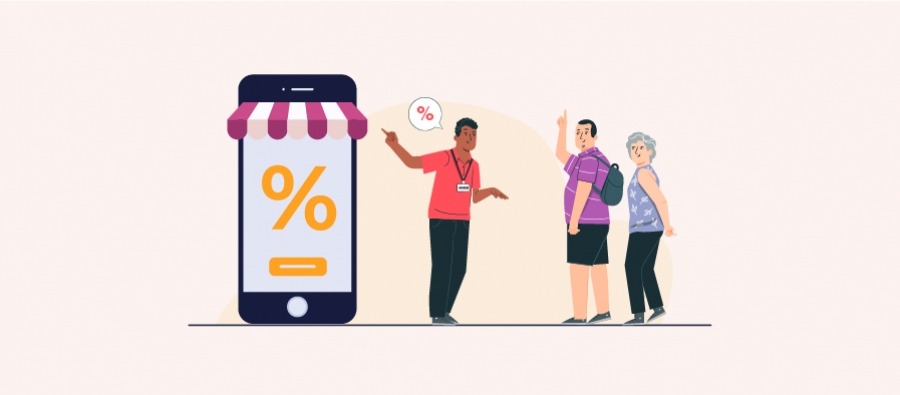
By effectively communicating the time sensitivity and scarcity of these offers through prominent banners, countdown timers, and persuasive messaging, you create a sense of urgency that motivates customers to convert immediately.
You can also read our blog post,Omnichannel: The Powerful New Direction of E-Commerce>>
10. Upselling and Cross-selling
One effective strategy to increase the conversion rate and boost revenue on your ecommerce website is by recommending complementary products or suggesting upgraded versions to customers during the purchasing process.
By offering additional products that complement their selected item or presenting upgraded versions, you can encourage customers to explore more options and potentially increase their average order value.
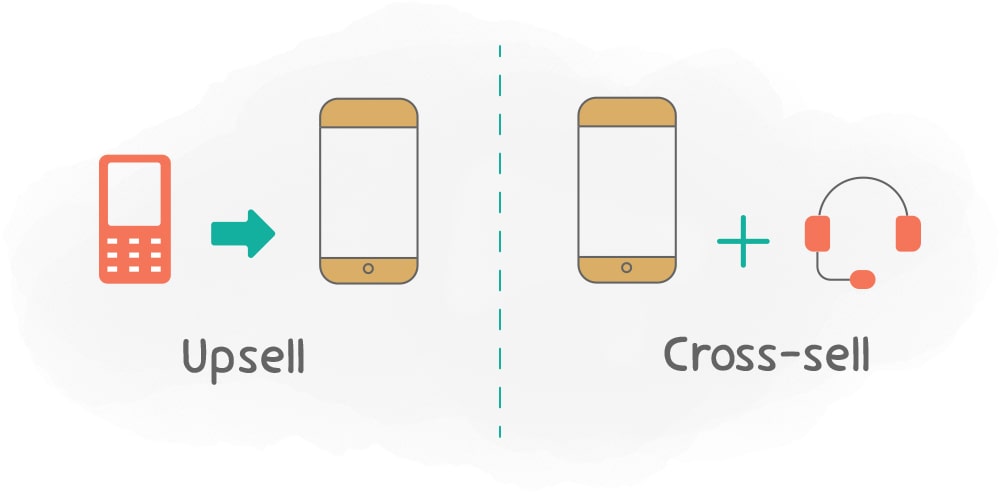
When customers are in the process of making a purchase, they are already engaged and interested in your products. By suggesting complementary items that enhance the functionality or experience of their chosen product, you provide them with relevant and valuable suggestions.
Customers appreciate personalized suggestions that save them time and effort in finding related or better options. This approach encourages them to explore more choices, ultimately driving conversions and revenue growth.
11. Post-Purchase Follow-up
Engaging with customers after their purchase is a crucial step in building customer loyalty and encouraging repeat purchases on your ecommerce website. By sending personalized thank-you emails, providing order updates, and offering recommendations for related products, you can nurture the customer relationship and foster a sense of appreciation and connection.
Providing order updates keeps customers informed about the status of their purchase, including shipping details and estimated delivery dates.By keeping customers in the loop, you enhance their overall experience and build trust in your brand.
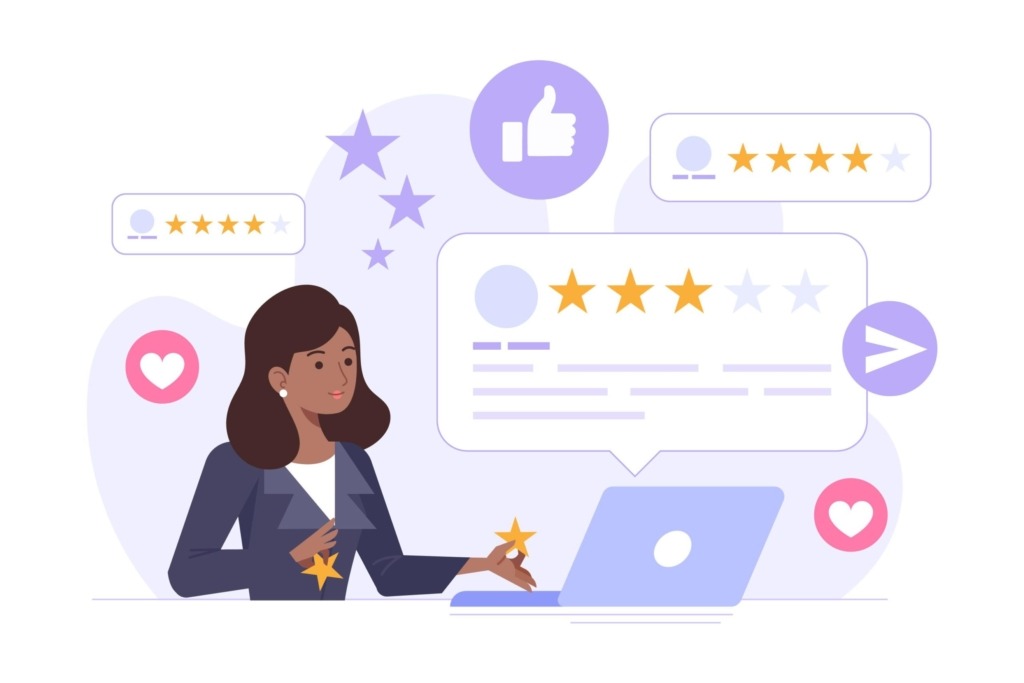
These post-purchase interactions help build customer loyalty by creating a positive and ongoing relationship. By consistently engaging with customers, you stay top-of-mind and increase the chances of repeat purchases.
Satisfied customers are more likely to become brand advocates, spreading positive word-of-mouth and referring others to your ecommerce website.
12. Clear Return and Refund Policies
By clearly and prominently showcasing your policies, you assure customers that they can shop with peace of mind, knowing they have the option to return or exchange products if needed.
Transparency and clarity in your return and refund policies create a sense of security for customers. It communicates that you stand behind the quality of your products and are committed to customer satisfaction.

When customers are aware of the easy and hassle-free return process, they feel more comfortable making a purchase, knowing they have the flexibility to change their minds or resolve any issues.
13. Free Shipping Threshold
Offering free shipping for orders that meet a specific threshold is a highly effective strategy to boost the conversion rate and increase the average order value on your ecommerce website.
By incentivizing customers to add more items to their cart to qualify for free shipping, you create a win-win situation that benefits both the customer and your business.

By setting a specific threshold for free shipping, you encourage customers to explore additional products and add them to their cart to meet the qualifying amount.
The psychology behind free shipping is rooted in the concept of perceived savings. Customers feel like they are getting a better deal by avoiding shipping fees.
This perception of value can positively influence their purchase decision and encourage them to spend more to benefit from the free shipping offer.
14. Multiple Payment Options
Including multiple payment methods such as credit/debit cards, digital wallets, and alternative payment solutions, you can accommodate a wider range of customers and provide a seamless checkout experience.
Credit/debit cards remain the most widely used payment method, so it is crucial to accept major card networks like Visa, Mastercard, and American Express. In addition, incorporating digital wallets like PayPal, Apple Pay, Google Pay, and other popular platforms enhances convenience and security.

Moreover, alternative payment solutions, such as buy now, pay later services, installment plans, or cryptocurrency payments, cater to specific customer segments and expand your customer base.
It is important to ensure the security and reliability of all payment options by implementing robust security measures, SSL encryption, and compliance with industry standards.
15. Product Bundling
By combining related products into enticing bundles and offering them at a discounted price, you encourage customers to purchase multiple items together, resulting in increased spending and a more satisfying shopping experience.
Offering a discounted price for bundled products creates a compelling incentive for customers to make a larger purchase. The perceived savings and added value of getting multiple products at a reduced price can motivate customers to spend more than they initially intended.

Prominently featuring product bundles on your website, along with clear messaging about the discounted price and the benefits of purchasing the bundle, can attract attention and drive customer interest.
Effective product presentation, with attractive visuals and compelling descriptions, can further entice customers to explore and choose bundled options.
Conclusion
By focusing on key areas such as optimizing website speed, improving user experience, offering a variety of payment options, and leveraging persuasive tactics like social proof and urgency, you can create a compelling shopping experience that encourages customers to take action.
Remember to prioritize the visual appeal of your website, with high-quality product images, clear and prominent CTAs, and a responsive design that caters to mobile users.
Building trust and credibility through customer reviews, trust badges, and secure payment icons is essential for instilling confidence in your audience.
Increasing conversion rates is an ongoing process, and staying up to date with emerging trends and consumer preferences will help you stay ahead of the competition. With a customer-centric approach and a focus on continuous optimization, you can achieve your ecommerce goals and drive long-term success.
Schedule a conversation with us now!
Related Articles
-
Post
A Business Case for Hiring Dedicated Salesforce Developers
A Business Case for Hiring Dedicated Salesforce Developers March 21, 2025 Posted by: Tony Stark Categories: Blog, Hire a Developer, Odoo No Comments The Growing Need for Salesforce Development Services Salesforce has established itself as the world’s leading CRM, empowering businesses of all sizes to streamline customer interactions and improve sales processes. However, to experience -
Post
ERP Migration from MS Dynamics 365 Business Central to Odoo
ERP Migration from MS Dynamics 365 Business Central to Odoo March 19, 2025 Posted by: adminuser Categories: Blog, ERP Migration, Odoo No Comments Migrating from Microsoft Dynamics 365 Business Central to Odoo ERP Solutions is a strategic move for businesses seeking flexibility, cost efficiency, and seamless integration. While MS Dynamics is a powerful ERP, many
How can we help you?
Get in touch with a solutions consultant that can share best practices and help solve specific challenges.




